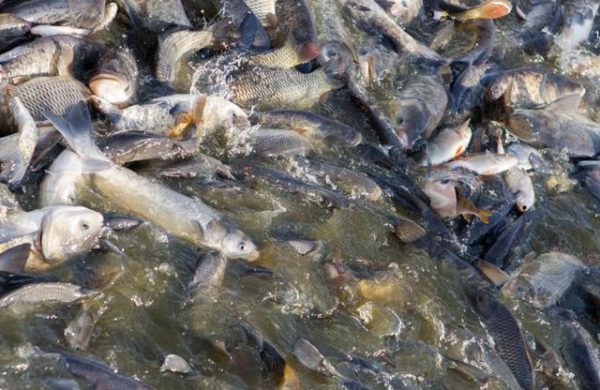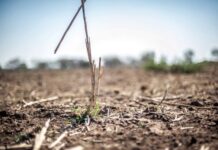A company operating in East Africa has launched a project that will compare the footprints of farmed tilapia and catfish with those of livestock such as cattle and goats.
The project is being run by Msingi, an independent industry development organisation that supports the transformation of high potential industries in Kenya, Uganda, Tanzania, and Rwanda.
The company is now looking for consultants to undertake the project.
“One of Msingi’s key aims is to develop a long-term competitive, inclusive and resilient aquaculture industry. The organisation believes that East Africa has a strong comparative advantage in aquaculture, with good natural water resources and climate, genetic resources and a rapidly growing population leading to increasing demand for protein,” Msingi said in a statement.
“As the aquaculture industry grows in East Africa, Msingi believes it is imperative to achieve this growth in an environmentally sustainable way,” it added.
“We do not know the current impact that farmed fish in the East African region has on the environment as well as in relation to other commonly eaten proteins. In order to reduce environmental impact due to aquaculture, we must be able to first quantify the impact and attribute it to practices thereby identifying areas of improvement to achieve environmental sustainability of the industry as a whole,” Msingi explains.
It said the objectives of the consultants were to provide comparative analysis on farmed tilapia and catfish and chicken, beef, pork and goat.
The consultants would conduct reviews of the meat and fish industry in East Africa, including production scale and modalities, consumption patterns, sustainability practices and disposal.
They would also engage with relevant players in the animal protein industry, including farmed tilapia and catfish, chicken, beef, pork, and goat to understand the value chain, from production to end use.








